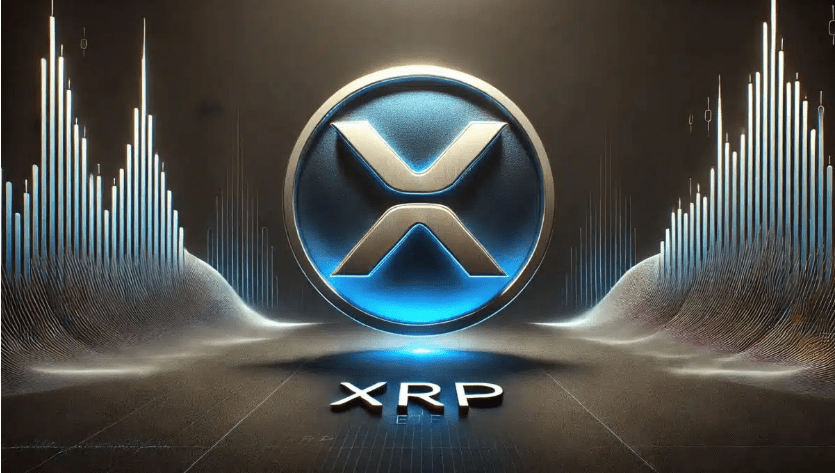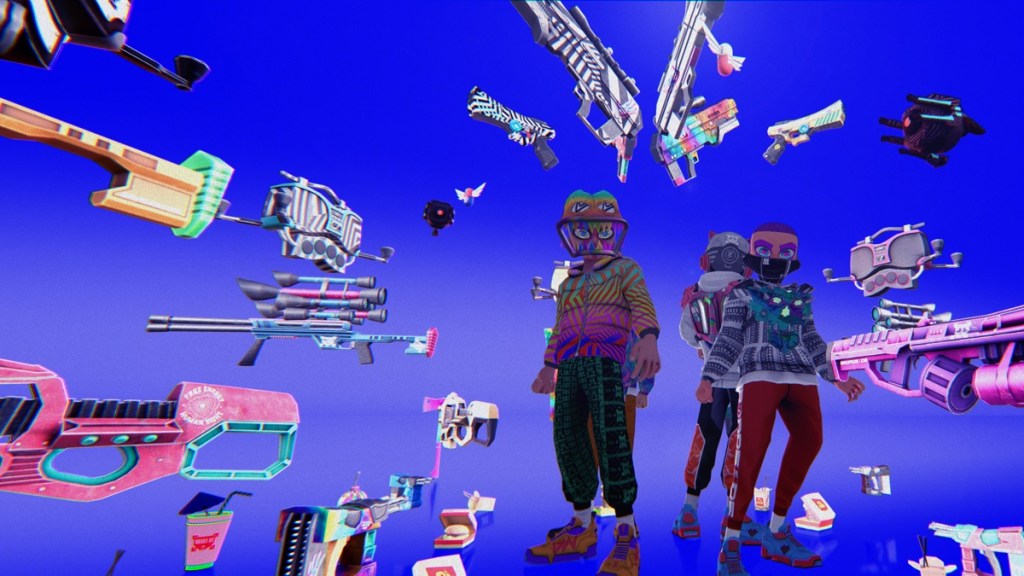AI is the ‘word of the year.’ Here’s how previous tech terms fared
The artificial intelligence hype train has reached another milestone. In an eagerly-anticipated announcement, Collins Dictionary today named AI as its word of the year.
Generously, Collins also provided a definition for the nebulous term: “the modelling of human mental functions by computer programs.”
Additionally, the dictionary offered an explanation for the award. According to the book’s British publisher, usage of “AI” has quadrupled over the previous 12 months.
That shouldn’t come as a big surprise. AI has become a common topic everywhere from pitch decks to pubs. But that doesn’t mean the field is guaranteed to enjoy a good life.
Tech terms that previously won or were shortlisted for the Collins word of the year have experienced mixed fortunes. Here’s how they fared.
Phablet (Shortlisted, 2013)
Our first entry is truly hideous. A portmanteau of phone and tablet, phablet refers to mobile devices that are caught between sizes. Mercifully, the word is now only found in the most shameful of lexicons.
Bitcoin (Shortlisted, 2013)
Bitcoin has taken investors on rollercoasters since being nominated by Collins. It reached an all-time high price of around €65,000 in November 2021, before dropping down to about €32,500 today.


A significant loss, indeed. But anyone who invested when Bitcoin was shortlisted for word of the year could have bought one for just €705.
Cybernats (Shortlisted, 2013)
Cybernat is an informal name for a supporter of the Scottish National Party supporter who campaigns online for Scottish independence. Amid growing calls for a second referendum, the word is regaining momentum.
Tinder (Shortlisted, 2014)
Tinder remains the undisputed leader in the online dating field. In July, the app had over 6 million monthly downloads. Compared to 2013, however, Tinder now has numerous rivals for lonely hearts and horny loins.
Swipe (Shortlisted, 2015)
Tinder’s key feature has also made a shortlist. With the gesture still ubiquitous on mobile devices, the swipe isn’t going anywhere soon.
Contactless (Shortlisted, 2015)
It’s hard for us to imagine a world before contactless payments. A recent European road trip, however, showed that the tech still has plenty of growth potential.
Uberization (Shortlisted, 2016)
Uberization has become omnipresent since 2016. A term for adopting a market-changing method of supplying products and services, the concept has entered new markets as mobile use has grown globally.
Insta (Shortlisted, 2017)
While Instagram continues to attract new users, “IG” is now a more popular term than “Insta,”‘ according to Google Trends. But a bigger concern for the app is the inexorable rise of TikTok.
Unicorn (Shortlisted, 2017)
A unicorn originally referred to an imaginary horned creature, but it earned a shortlist spot for its second meaning: a privately-held startup that’s valued at over $1 billion.


Such businesses reached a peak in 2021, when the number of new unicorns spiked to 787. In 2022, however, there was a 90% drop in fresh members of the flock.
Echo chamber (Shortlisted, 2017)
Although it’s not strictly a tech term, the echo chamber can thank social media for its place on the shortlist.
Their prominence persists, but recent research suggests they’re not as polarising as previously feared.
Deepfake (Shortlisted, 2019)
Deepfakes are yet to create the disinformation maelstrom that many experts expected to emerge in 2017.
The digital replicas are certainly becoming more realistic, but they’re still only really popular in one vertical: porn. In 2013, researchers found that 98% of all deepfake videos online are pornography.
Influencer (Shortlisted, 2019)
Instagram’s defining legacy is the infuriating “job” title of “Influencer.” As the infernal role lives on attention, we’ll give it as little as possible.
TikToker (Shortlisted, 2020)
Another child of social media, the TikToker became an obsession of marketers in 2020.


To the horror of boomers in the West, the app has rapidly grown in popularity since then. TikTok reached 1.5 billion users in 2023 — a 16% increase on the previous year.
Metaverse (Shortlisted, 2021)
The metaverse boom began with Facebook’s big rebrand, but then quickly faded. A combination of jaw-dropping financial losses, risible technologies, and the generative AI explosion has brought the concept back to Earth.
Crypto (Shortlisted, 2021)
Cryptocurrency prices rose to dizzying heights in 2019, but have now entered a crypto winter. There are signs, however, that the bear market could be approaching a close.
Pingdemic (Shortlisted, 2021)
Pingdemic became a common term when COVID-19 apps were frequently advising users to self-isolate. Thankfully, the pandemic eventually subsided, rendering the word a mere memory — for now.
NFT (Winner, 2021)
Congratulations,NFT! You’re the only other tech term that Collins has named word of the year.
At TNW, we initially mocked non-fungible tokens as a money-grabbing scam. But who’s laughing now? We are, actually — trading of NFTs plummeted by 81% between January 2022 and July 2023.
AI looks unlikely to suffer a serious fate. The tech is developing rapidly and entering a growing range of applications. We expect the progress to continue — although the hype may soon give way to more realistic expectations.
We’ll revisit the term when Collins returns with the next word of the year. Do you predict another entry from the world of tech? Let us know via the usual channels.



